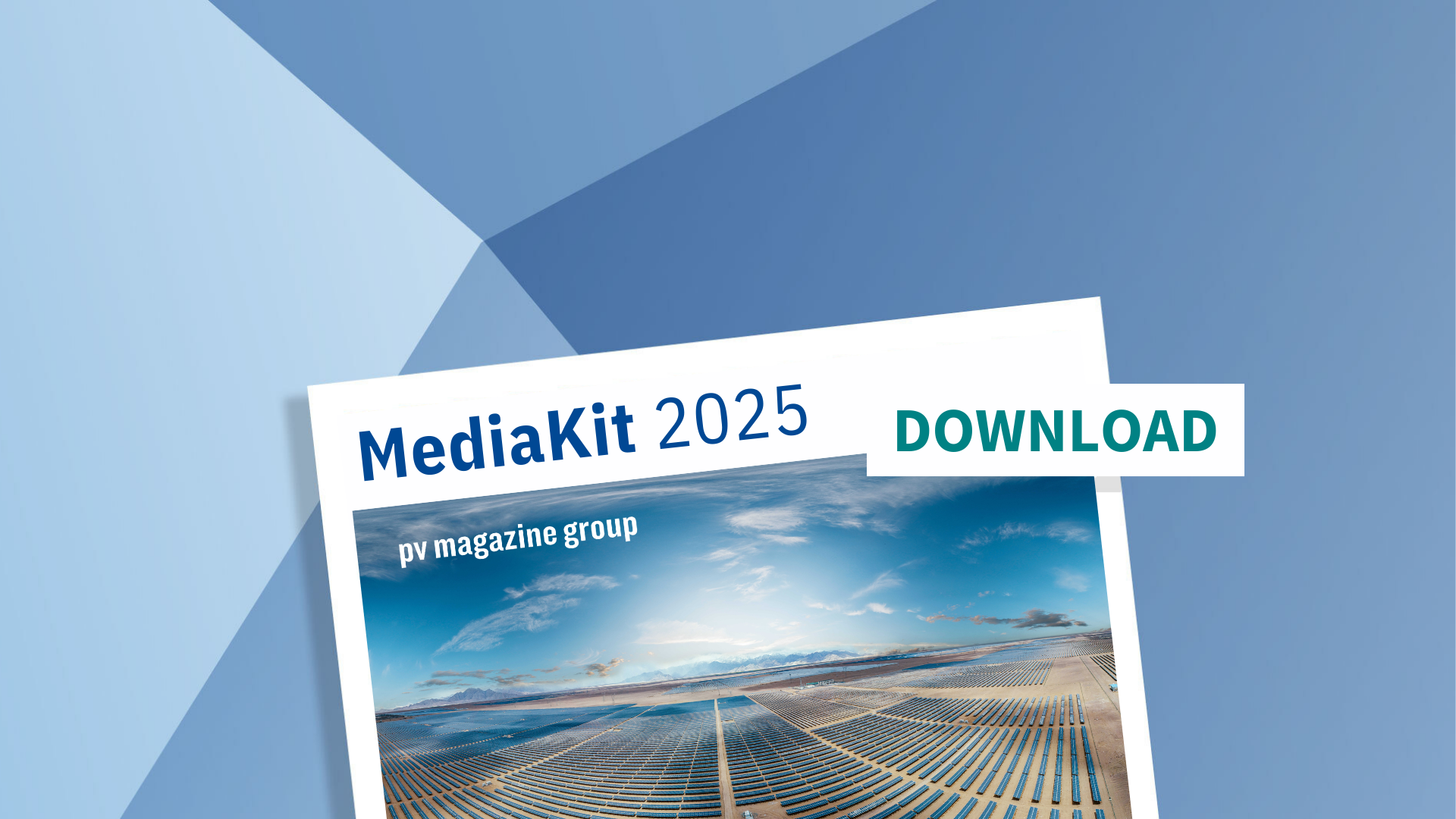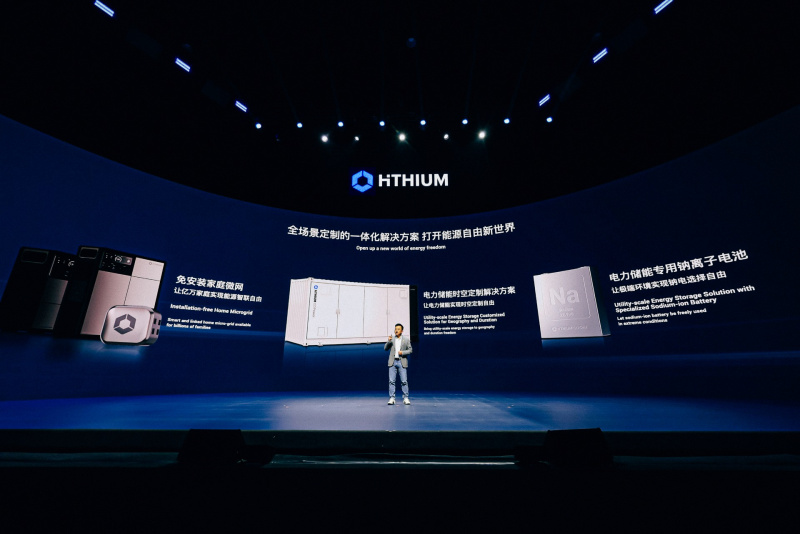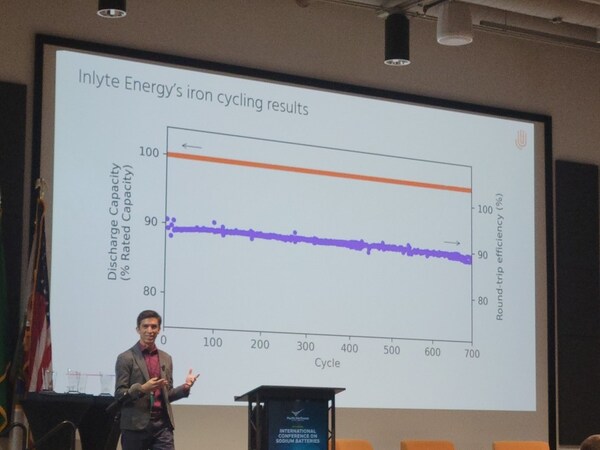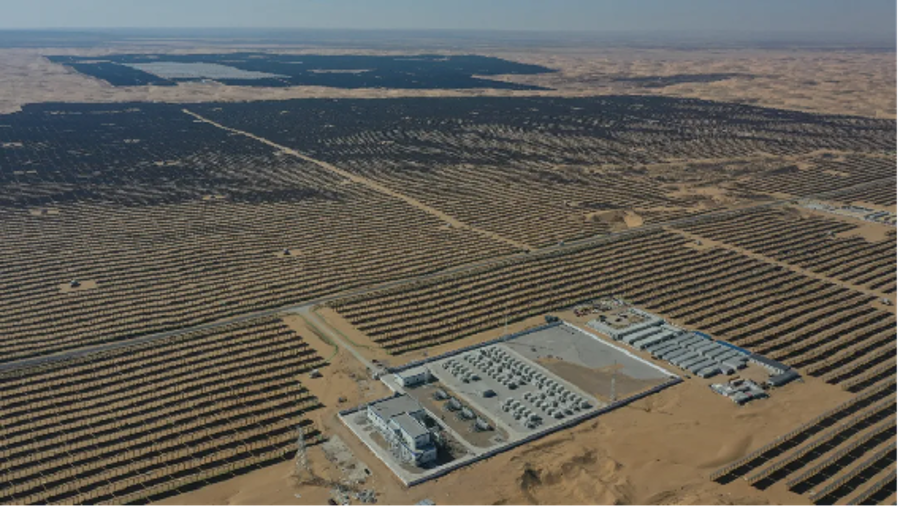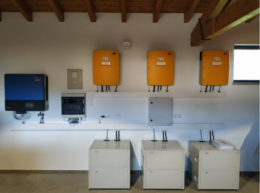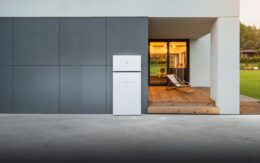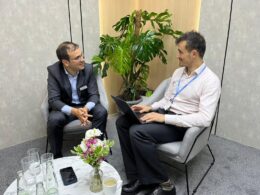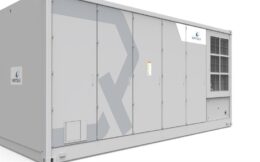Spain’s Silbat set to roll out silicon batteries by 2028
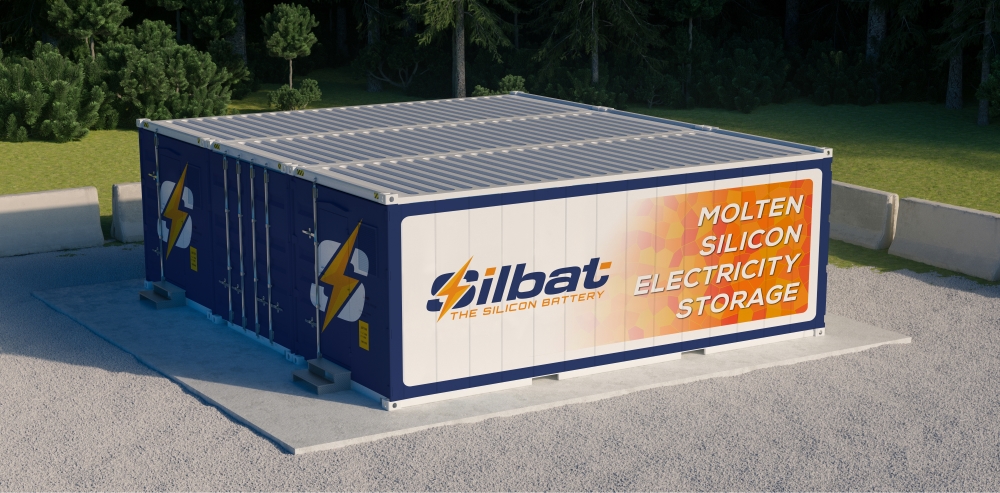
During The Business Booster (TBB), the annual two-day meeting organized by EIT Innoenergy, pv magazine spoke to Silbat, a Spanish startup that is developing a silicon-based long-duration storage (LDES) technology. Silbat’s battery stores electricity in the latent heat of fusion of silicon. It uses low-cost and widely available metal-grade silicon. Silicon is also the second element in the periodic table with the highest latent heat of fusion after the much less abundant boron.
The metallic silicon is stored in a refractory container inside a crucible, a thermally insulated cavity. The electricity is converted into thermal energy by resistors (Joule heating). When the temperature of the cavity reaches 1,410 C, the silicon begins to melt. The battery is fully charged when the silicon is completely melted.

Electricity can be recovered from the radiant heat of silicon using thermophotovoltaic cells, similar to PV cells but tuned to efficiently convert infrared emission from a 1,410 C radiant source.
There is also the option of keeping it stored as heat; its delivery as heat reaches 300-400 C in the form of steam.
To speed up transport and installation on the ground and allow a high degree of localized manufacturing, the company intends to provide a modular and portable product. For example, if housed in a 40-foot container, it would have an estimated power of 100 kW and a capacity of about 100 hours. According to the company, it can achieve an LCOE of less than $0.05/kWh in its early stages of industrialization.
Due to silicon’s very high latent heat of fusion, it can provide the highest energy density, comparable only to that of some H2 storage schemes yet to be commercialized and clearly superior to that of commercial lithium-ion batteries. Its density can even be increased by alloying silicon with boron.

In addition, it can have a useful life of more than 30 years with relatively low operation and maintenance, compared to the 5-year to 10-year useful life of lithium-ion batteries.
Finally, its creators highlight that it works silently and quickly, thanks to the fact that its conversion of heat into electricity is based on solid-state electrical and electronic devices with no moving parts, such as turbines.
The startup, based in Madrid and Las Rozas, already has important corporate shareholders such as the multinational Baker Hughes. Product development at Silbat has reached a technology readiness level of 5 (TRL 5) and is currently working on its TRL 6. The development of the TRL 6 demonstrator is funded by the Shell GameChanger program, and Silbat is the first Spanish cleantech startup to have obtained this support. Its founders, father and son partners Antonio and Ignacio Luque, estimate that they can complete the development process and have a marketable product by 2028.
From pv magazine Spain



